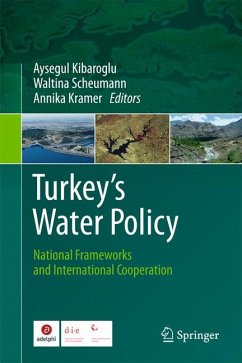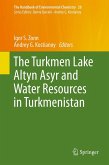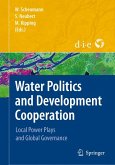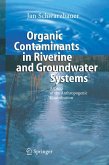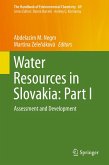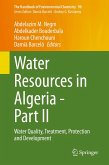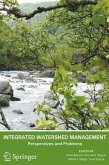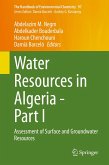Water is a strategic natural resource of vital importance to all nations. As such it has been the cause of several international disputes. For Turkey especially, water is crucial to social and economic development. Turkey's current national water regime that emphasises water resources development and management for productive uses, however, faces growing environmental concerns and international criticism regarding transboundary water cooperation. Furthermore, EU accession requires Turkey to adopt an extensive and ambitious body of EU water law. To understand Turkey's position to international water law, the national policies and socio-economic circumstances that impact water resources management need to be considered. This book fills the existing knowledge gap through a broad perspective and analysis of the current state of Turkey's water policy and its management of both national and transboundary waters. It is a unique undertaking that brings together Turkish and international authors, practitioners and academics, covering all aspects of water management.
Dieser Download kann aus rechtlichen Gründen nur mit Rechnungsadresse in A, B, BG, CY, CZ, D, DK, EW, E, FIN, F, GR, HR, H, IRL, I, LT, L, LR, M, NL, PL, P, R, S, SLO, SK ausgeliefert werden.

